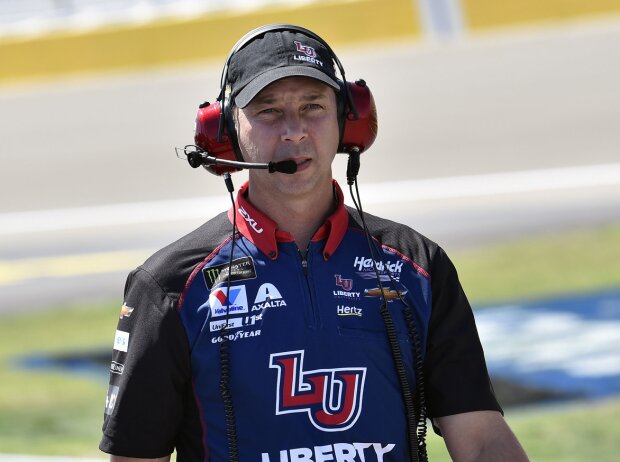
In such a case, it would then be the responsibility of the bailee to come forward with evidence of no negligence. Miller cites a Utah case which holds that when cattle are delivered in good condition, a presumption arises against the bailee when cattle are lost. To support his first argument, Miller argues that the trial court erred when it found that Tweeten was not negligent in the care of the cattle. Second, Miller contends that the court erred when it found that Miller had a duty to ensure that Tweeten was fulfilling his obligation under the contract. First, Miller claims that the trial court erred when it found that Tweeten was not *824 negligent in the care of the cattle.

Therefore, the court granted 55% of the money held at Norwest Bank to the plaintiff, Tweeten.

The court also found that if Miller had been dissatisfied with the treatment he should have taken more care to monitor the cattle and insisted on different treatment. The court recognized that the death losses were higher than normal but found there was no evidence presented that Tweeten was negligent in the treatment or care of the cattle and calves. Testimony at the trial established that some of the remaining calves were underweight when they were sold in September. Miller therefore counterclaimed for damages on the basis of Tweeten's negligence.ĭuring the time that Tweeten cared for the herd, nine cows died and nineteen calves were lost. Miller claims that the negligent treatment resulted in the loss of cattle and contributed to the poor quality of calves that were produced. Miller contends that due to Tweeten's negligent treatment of the cattle he was damaged. Tweeten sought his share of the proceeds pursuant to the agreement, and this litigation ensued. Miller endorsed the check but Norwest Bank, on instructions from Miller, refused to pay Tweeten. A check was issued to Tweeten, Miller and Norwest Bank in the amount of $19,253.92. On September 27, 1989, fifty-six calves were sold at Kist Livestock in Mandan, North Dakota. Death loss of cows was to be the responsibility of Miller unless such death was due to the total negligence of Tweeten. Miller reserved the right to check on the cattle upon notification of Tweeten. The contract required Miller to furnish one Registered bull. The proceeds from the calf production was to be divided, 45% to Miller and 55% to Tweeten. Miller was to supply 75 Registered Angus and crossbred commercial cows to Tweeten to care for. The agreement required that Tweeten supply the pasture, feed, hays, grain, mineral, cake, salt and vaccine and any other things necessary for the care of the cattle. On November 22, 1988, Tweeten entered into a lease agreement with Miller. Miller toured Tweeten's farm and found it to be adequate. Miller placed an advertisement in a local newspaper to lease his cattle on a share basis with someone who had adequate pasture and hay.

Miller's cattle operation was severely affected by the drought in 19.

Miller (Miller), appeals from the district court judgment which held that the plaintiff, Harold Tweeten (Tweeten), should receive 55% of the proceeds from the sale of calves which he raised pursuant to a Livestock Lease Agreement. Lucas and Smith, Bismarck, for defendants and appellants, argued by Sheldon A. *823 Vogel Law Firm, Mandan, for plaintiff and appellee, argued by Joseph A. MILLER and Lorraine Miller, Defendants and Appellants.


 0 kommentar(er)
0 kommentar(er)
